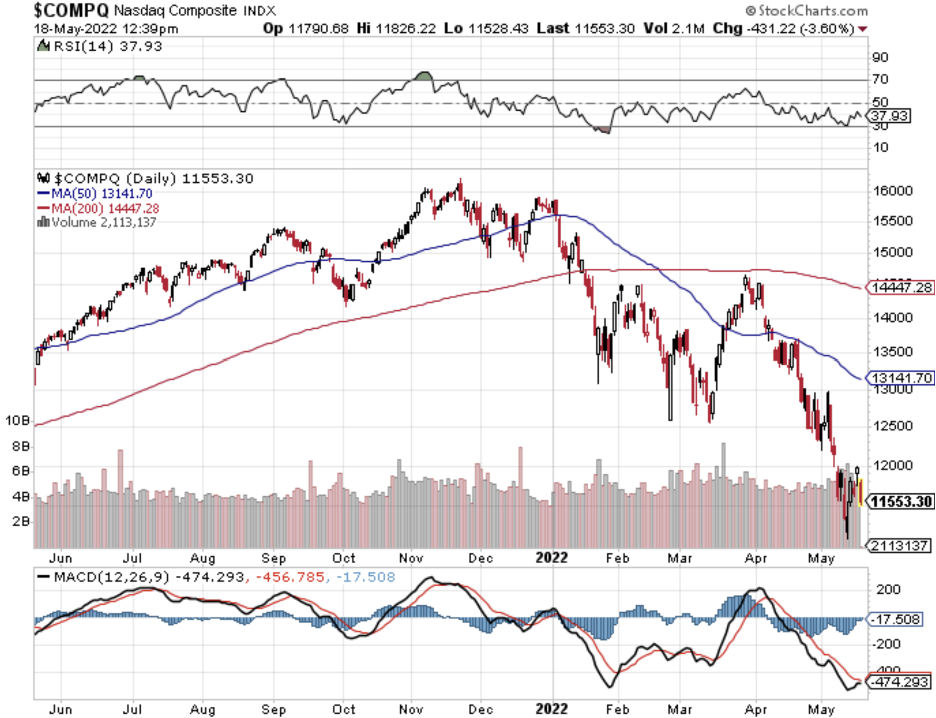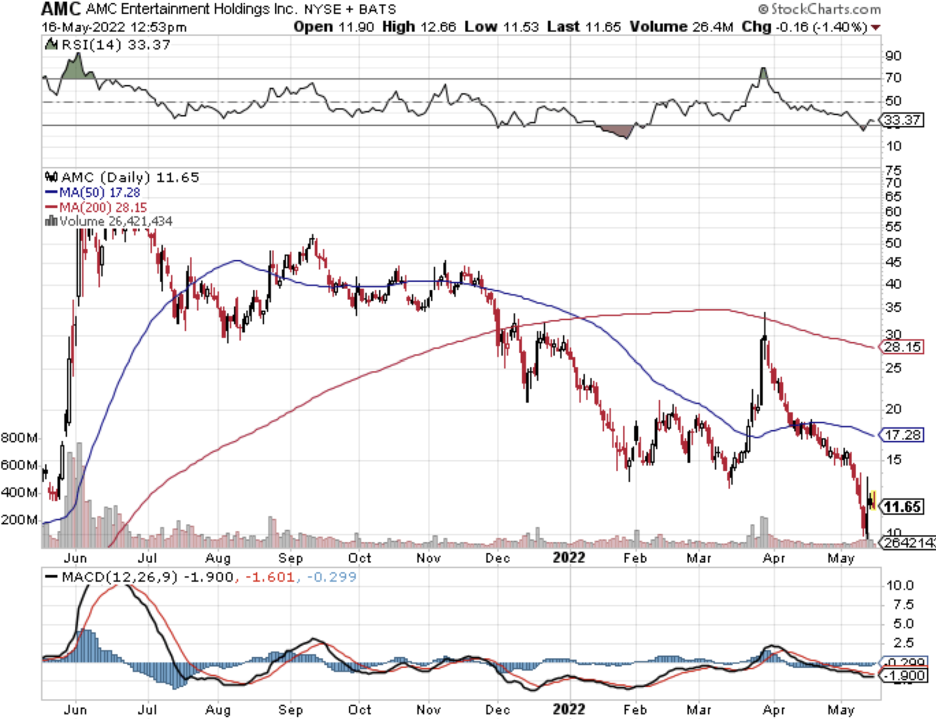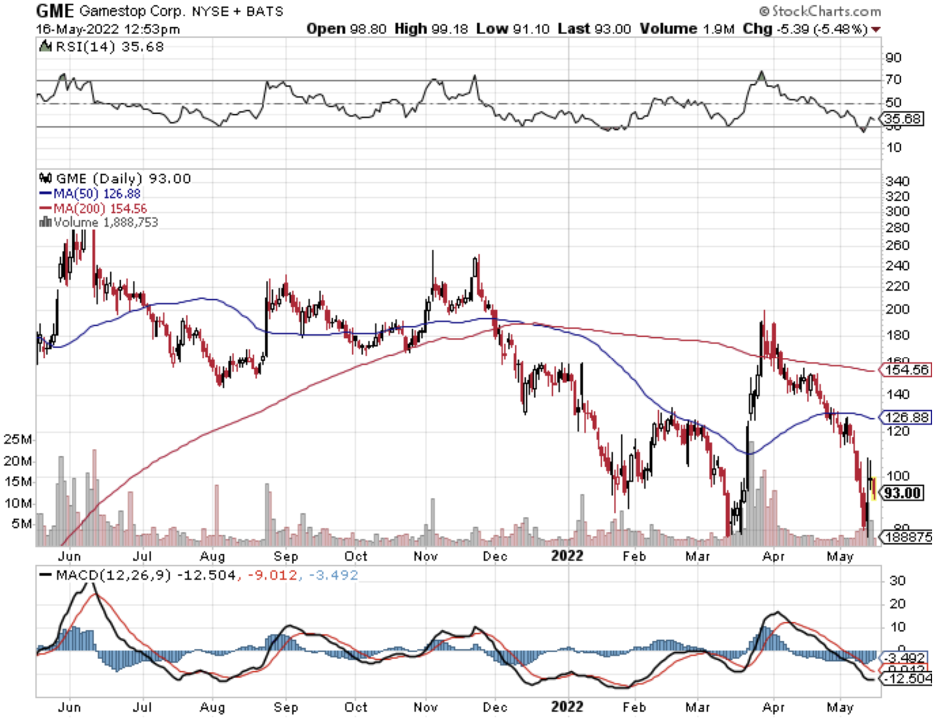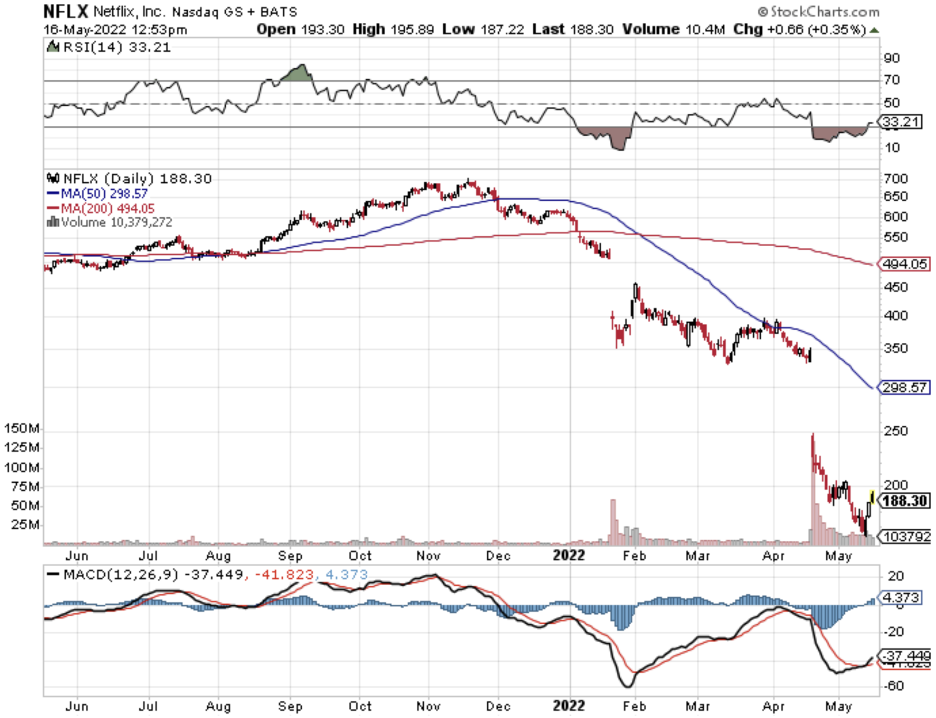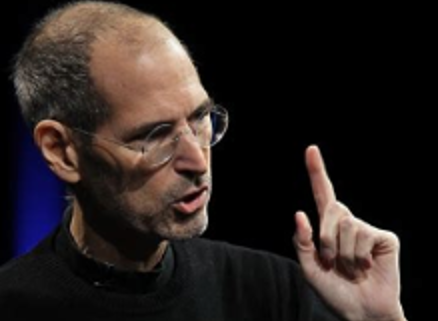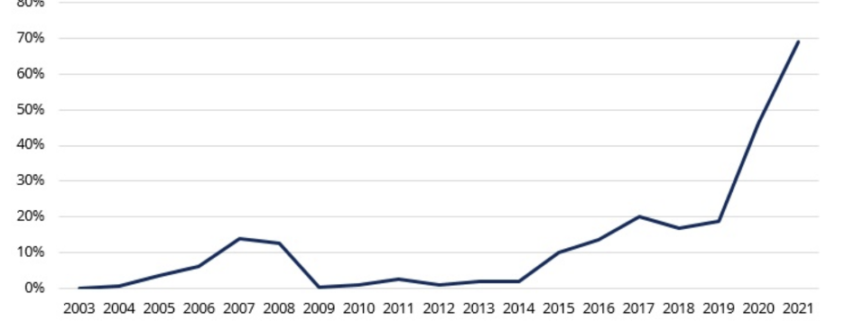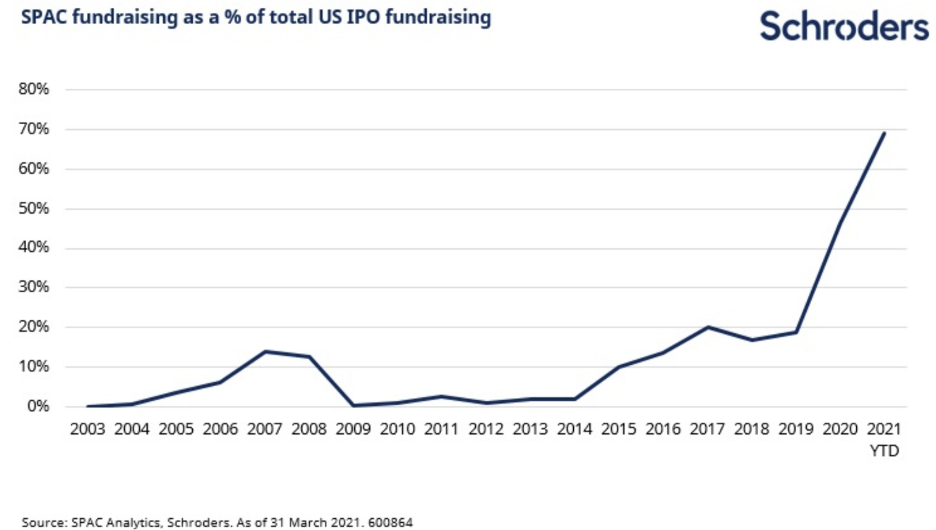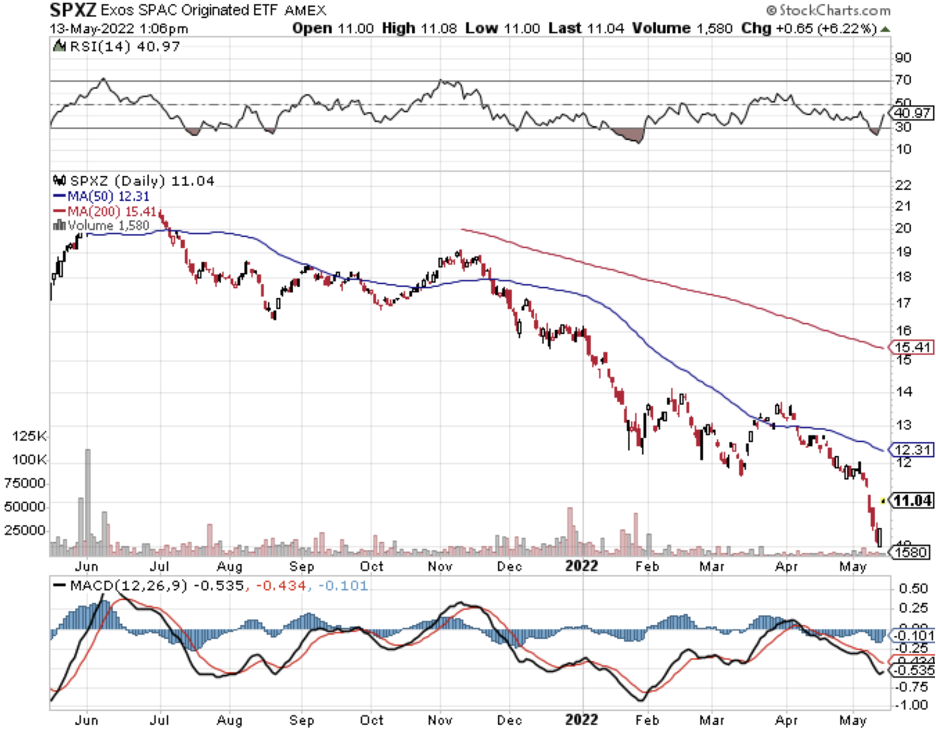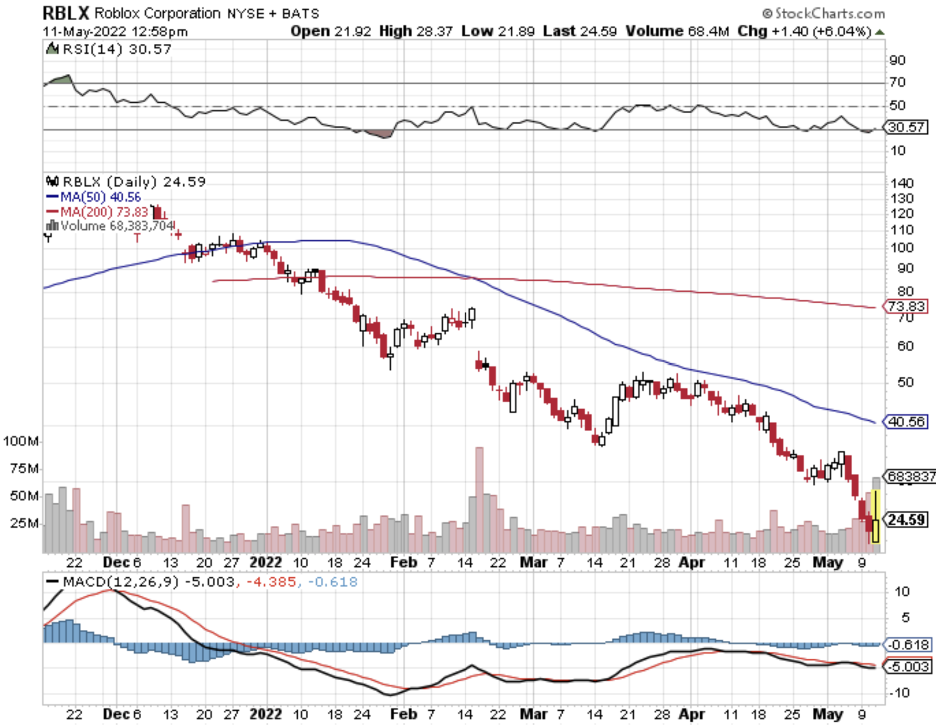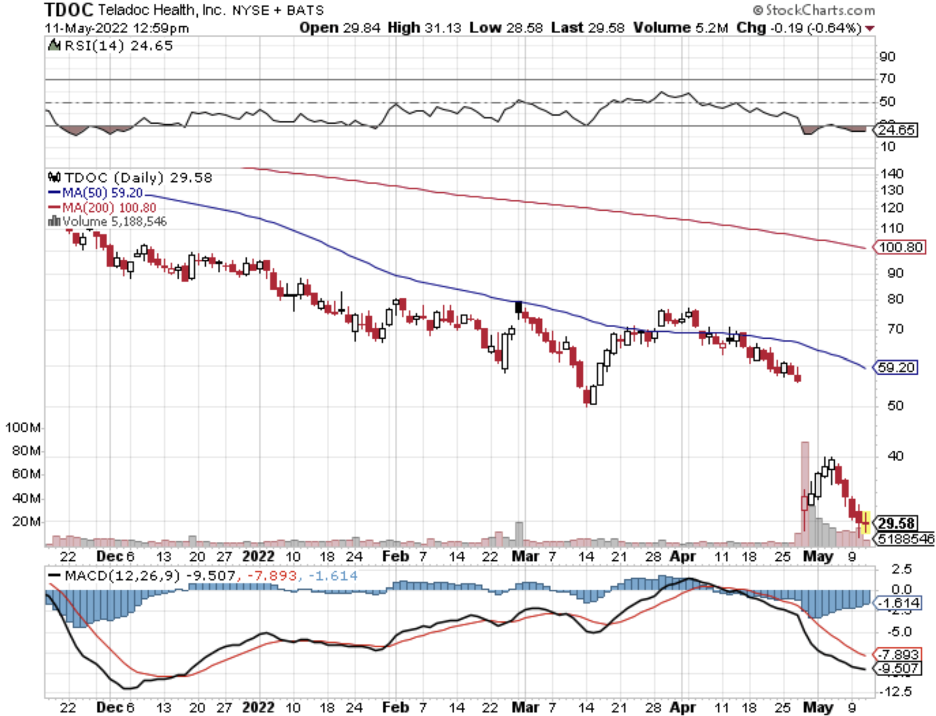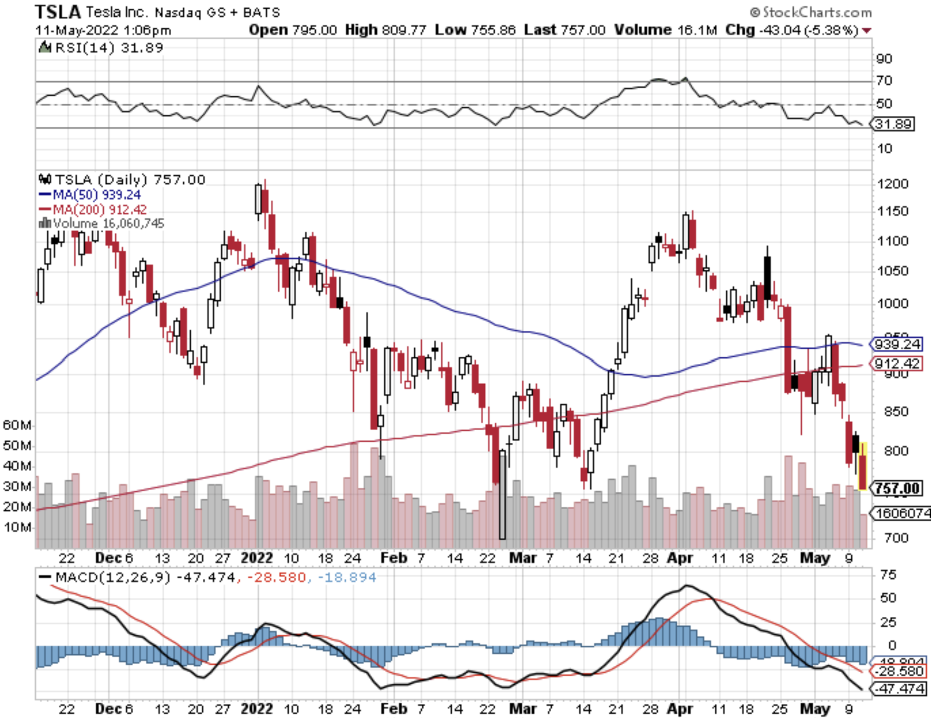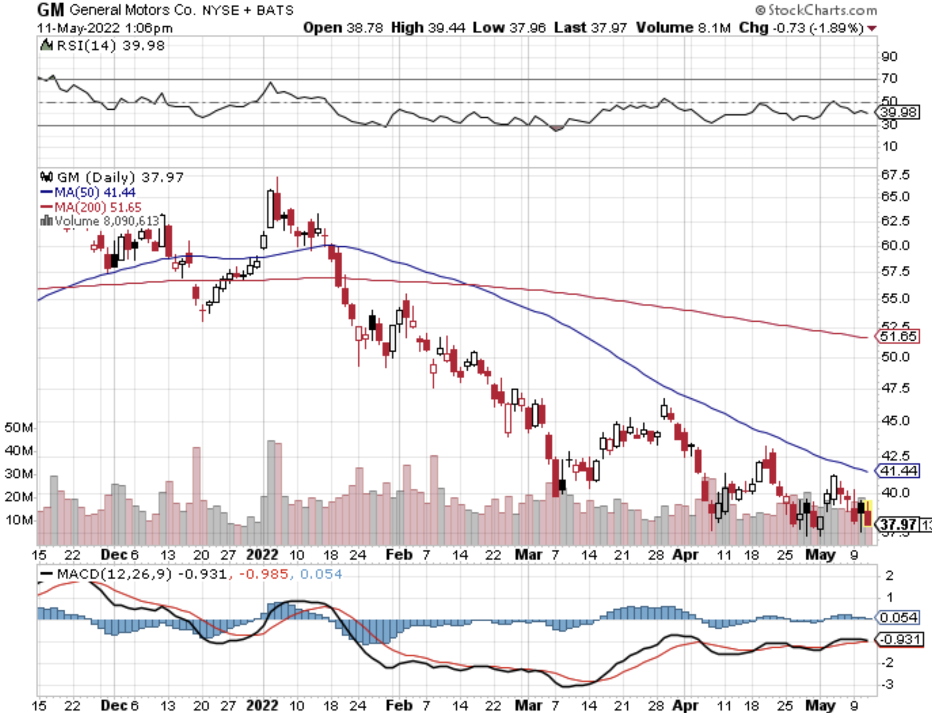What’s around the pipeline for all these super leveraged tech hedge funds?
I’ll tell you what will happen, and it’s not pretty.
This has direct consequences for your fragile portfolio, so be sure to listen up.
Top quartile tech hedge fund managers wind up becoming liquidity providers due to bottom quartile managers agreeing to redemptions.
Yep, I just said it, we are about to enter a period of extreme redemptions brought on by the massive underperformance of tech stocks by tech growth hedge fund managers.
Apply the same logic to top-performing stocks vs. bottom-performing stocks and people’s penchants for selling winners and keeping losers.
These capital redemptions are about to hit us and don’t think that hedge fund managers have trillions lying around just to return.
Most of their liquidity is already tied up in the market or better saying already lost in the market!
Many of these funds have been laser-like focused on tech growth stocks, just do the research, there are no gold-based hedge funds because they don’t sell well.
Tech has been outperforming the market for this entire bull market cycle and the way that manifests itself inside the hedge fund ecosystem is with more copy-paste tech growth funds.
When the Nasdaq drops 30% nominally like it did in the past 6 months and a fund is laden with the garden variety of growth stocks, these funds are in the queue for returns, and some possibly even shut down completely.
That’s exactly what’s been going on as we come back to reality.
These funds are proving that they aren’t living up to the hype of being nimble and flowing in and out of trades.
Their behavior suggests they are the opposite and just another ETF copycat, repackaged with the hedge fund marketing lingo.
So what’s the deal now?
Buy and hold in the face of accelerating rate rise expectations is hardly ideal, but that’s what these Harvard MBA-supported private hedge funds are doing.
I can’t make this stuff up.
Then even in this case, they overperform relative to a 30% drop in the Nasdaq of let’s say -10%.
Do we believe the incremental capital allocator will jump at a chance to lose 10% because it’s not losing 30%?
Maybe in U.S. President Joe Biden’s world, but not in the world of real people investing where they fight tooth and nail to preserve capital.
Take for instance some of these infamous guys like Tiger Capital which specializes in tech growth.
Back-of-the-envelope calculations based on the reported $35 billion size of Tiger’s overall public equities booked at the end of last year indicate that it has probably suffered a nominal loss of at least $15 billion in 2022.
To put that into perspective, Citadel lost 55% for an estimated $8 billion loss in the 2008 financial crisis.
Given that there were 82 trading days in January-April, this works out to be a loss of roughly $183 million every day that markets were open this year. Or $28.1 million every hour that US markets were open.
That’s what you’re overpaying for - these smart guys to lose your money.
Billionaire investor Steve Cohen’s Point72 Asset Management also removed the $750 million it invested in Melvin Capital Management.
Melvin Capital, the hedge fund at the center of the GameStop trading frenzy, lost 49% on its investments during the first three months of 2021.
Hedge fund managers Cohen and Kenneth Griffin had stepped in to aid Melvin Capital in January last year with Griffin’s Citadel and Cohen’s Point72 adding $2.75 billion to the firm.
What’s the fallout here?
The best employees, if they do exist, leave these cratering tech funds to either get another job at another tech hedge fund or start new tech funds themselves by raising new money.
Soon these funds, if they still exist, must fold because of the brain drain encouraging 100% redemptions; and as I talk to many friends today, this trend is accelerating.
To get redeemed out of existence looks bad on the resume.
Required liquidity due to losses in other funds is where we are now in this economic cycle.
Ironically, this could lead to several Bernie Madoff type Ponzi’s in the worst case, but the best case is after this bear market rally, there will be a sharp sell-off that will take us a leg lower in the Nasdaq.
This could be sped up by the US Central Bank talking up inflation even more frequently, and the market will need to fight through this to keep its levels.

